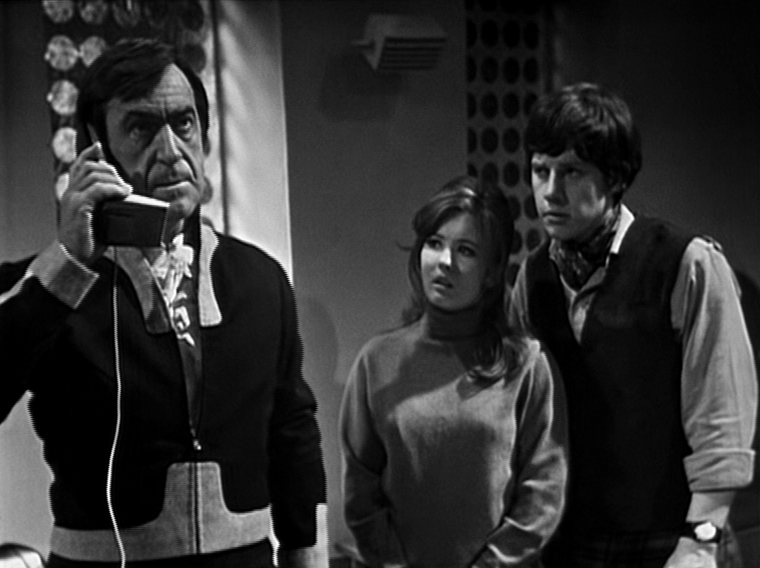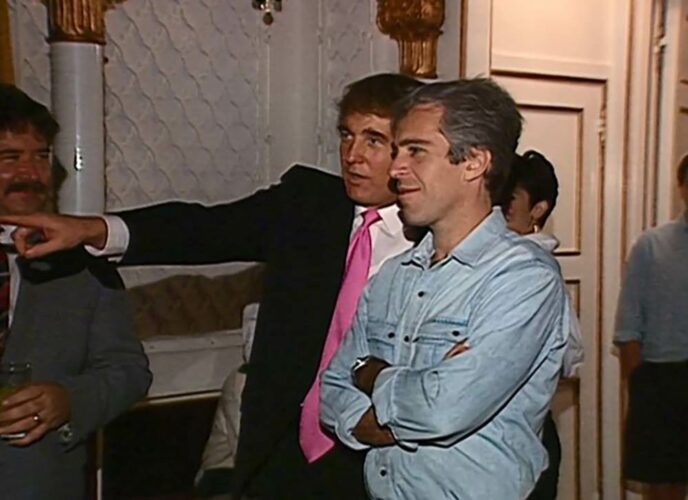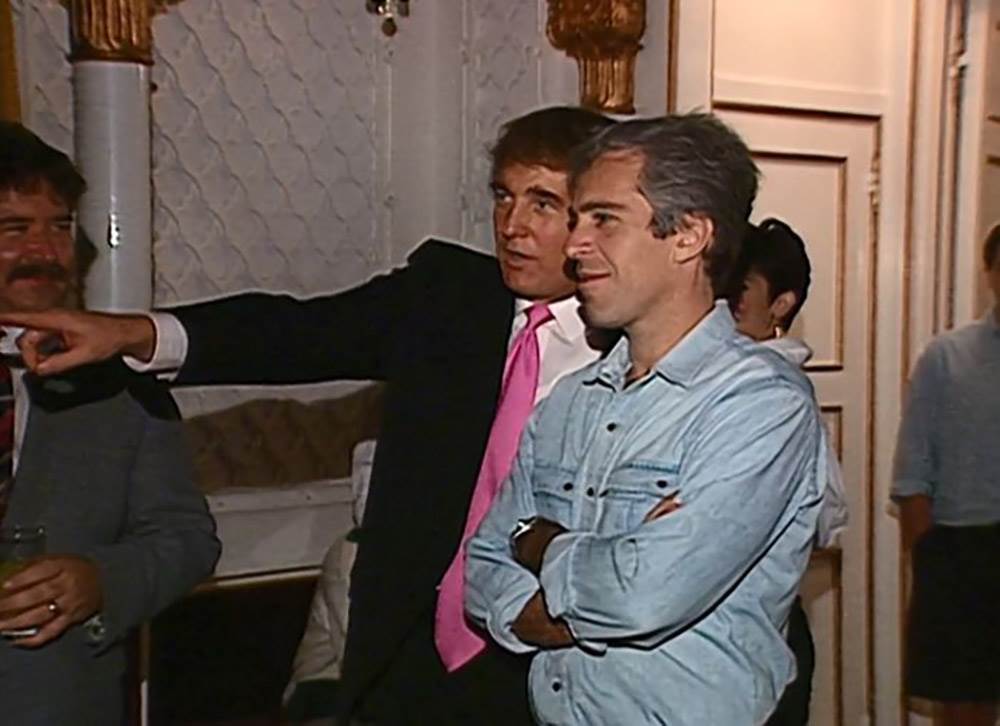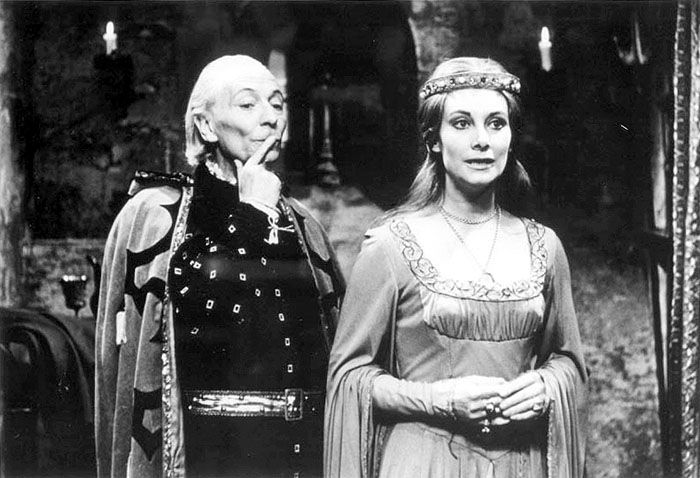Can You Hear Me? Review
I have repeatedly criticized the Chibnall era for its dubious notion of “aboutness.” With Can You Hear Me? we have a partial success on that front, but its partiality ends up revealing the depths of the problem. The question “what is Can You Hear Me? about” is straightforward—an idiot could answer it. It’s about mental illness. And yet I find myself imagining the pitch meeting here.
“So what’s your story about?”
“Oh, it’s about mental illness.”
“Cool! What do you say about mental illness?”
“Ummmm… it’s about mental illness.”
Herein lies the difficulty. To ask a question I’ve asked plenty of times before, what, exactly, is all of this for? What perspective on the world is Doctor Who offering? What does it have to say? And when it comes to mental illness and this episode, the answer really appears to be “nothing.” Some vague platitudes about facing your fears being the essence of humanity (which come perilously close to “you have an obligation to willpower your way out of depression,” even if they do later endorse getting help) and that’s it. There’s no insights here—no substance.
The common right-wing asshole complaint about the Whittaker era is that it’s full of “virtue signalling.” This is of course what they say about any media that isn’t entirely about the concerns of white men, and so it’s tremendously infuriating to admit that in this instance they’re actually right. All of the wokeness in Chibnall Doctor Who is entirely performative. We don’t have a diverse cast because we want to tell stories about different perspectives and different sorts of people. We aren’t telling stories about the environment or racism or mental illness because we have something to say. We aren’t doing any of this because it’s interesting or worthwhile on its own merits. We’re doing it because Chibnall has concluded that what the hip kids want is “woke” television. Diversity and a sort of after-school special mentality towards issues are ends in themselves. Which, sure, yes, diversity is an end in itself, but here it appears to be the *only* end in play. That’s doesn’t make the diversity a bad thing, obviously, but it lessens the degree to which it’s a good thing. And it certainly renders the big themes fairly innefectual and disposable. Mental illness is a great topic for Doctor Who to tackle, but this isn’t tackling it—it’s using it to get approving headlines from culture journalists on a tight deadline looking for an easy review they can write in their sleep. I refuse to accept that having something to say about the world is not a minimum standard for television. An it’s one Doctor Who hasn’t met with any regularity for years.
Past the ineffectual engagement with theme, we have a lot of vague competence. I’m put in mind of a tweet by Jamie Mathieson I saw this week, where he said that the challenge when writing a familiar trope for television is coming up with a new perspective on it, as merely doing it competently is boring.…

 It’s December 23rd, 1967. Between now and January 27th, thirteen people will die in England when a train collides with a truck that had stalled on the tracks, 380 will die in a Sicilian earthquake, and 121 will die in a pair of submarine crashes in the Mediterranean. In addition, Mike Casparak will die of liver failure fifteen days after being the first successful recipient of a human heart transplant in the United States, while Bill Masterton will die of a brain injury sustained during a National Hockey League game, and huge numbers will die in the still-continuing Vietnam War. Also the world will progress ever-closer to the eschaton, and The Enemy of the World airs.
It’s December 23rd, 1967. Between now and January 27th, thirteen people will die in England when a train collides with a truck that had stalled on the tracks, 380 will die in a Sicilian earthquake, and 121 will die in a pair of submarine crashes in the Mediterranean. In addition, Mike Casparak will die of liver failure fifteen days after being the first successful recipient of a human heart transplant in the United States, while Bill Masterton will die of a brain injury sustained during a National Hockey League game, and huge numbers will die in the still-continuing Vietnam War. Also the world will progress ever-closer to the eschaton, and The Enemy of the World airs. It’s May 20th, 1967. Between now and July 1st, a department store in Brussels will burn down, killing 323, 72 will die in a plain crash in Stockport, 34 will die on board the USS Liberty in an accidental Israeli attack, and the Six Day War will happen, which result in a death toll on the order of 14-20,000.
It’s May 20th, 1967. Between now and July 1st, a department store in Brussels will burn down, killing 323, 72 will die in a plain crash in Stockport, 34 will die on board the USS Liberty in an accidental Israeli attack, and the Six Day War will happen, which result in a death toll on the order of 14-20,000. It’s June 25th, 1966. Between now and July 16th, a three-year-old girl will die at the Henry Vilas Zoo in Madison, Wisconsin after crawling under a restraining fence and being pulled into an elephant cage. Hundreds will die across the midwestern United States in a six-day heat wave, including 149 in St. Louis, and as many as 650 in new York City. Eight student nurses will die in Chicago when Richard Speck breaks into a dormitory and strangles them. This is in addition to numerous deaths in the Vietnam War, the deaths of Polish poet Jan Brzechwa, French painter Julie Manet, and the world edging ever closer to the eschaton. Also, The War Machines airs.
It’s June 25th, 1966. Between now and July 16th, a three-year-old girl will die at the Henry Vilas Zoo in Madison, Wisconsin after crawling under a restraining fence and being pulled into an elephant cage. Hundreds will die across the midwestern United States in a six-day heat wave, including 149 in St. Louis, and as many as 650 in new York City. Eight student nurses will die in Chicago when Richard Speck breaks into a dormitory and strangles them. This is in addition to numerous deaths in the Vietnam War, the deaths of Polish poet Jan Brzechwa, French painter Julie Manet, and the world edging ever closer to the eschaton. Also, The War Machines airs.
 CW: Rape
CW: Rape It’s March 27th, 1965. Between now and April 17th, 470 people will die in a dam burst and landslide in Chile, 20 will die when a car bomb is detonated outside the US embassy in Saigon, two will die when the first aircraft lost in air-to-air combat during the Vietnam War are shot down during a strike on the Thanh Hóa Bridge, and somewhere north of 250 people will die in the Midwestern United States in what are called the Palm Sunday Tornadoes, while Richard Hickock and Perry Smith will be executed by hanging for the murders of the Herbert Clutter family, Princess Mary wll die of a heart attack on the grounds of her estate at Harewood House, and the world will edge incrementally closer to the eschaton. Also, The Crusade airs.
It’s March 27th, 1965. Between now and April 17th, 470 people will die in a dam burst and landslide in Chile, 20 will die when a car bomb is detonated outside the US embassy in Saigon, two will die when the first aircraft lost in air-to-air combat during the Vietnam War are shot down during a strike on the Thanh Hóa Bridge, and somewhere north of 250 people will die in the Midwestern United States in what are called the Palm Sunday Tornadoes, while Richard Hickock and Perry Smith will be executed by hanging for the murders of the Herbert Clutter family, Princess Mary wll die of a heart attack on the grounds of her estate at Harewood House, and the world will edge incrementally closer to the eschaton. Also, The Crusade airs. Song for Eric (demo, 1990)
Song for Eric (demo, 1990)